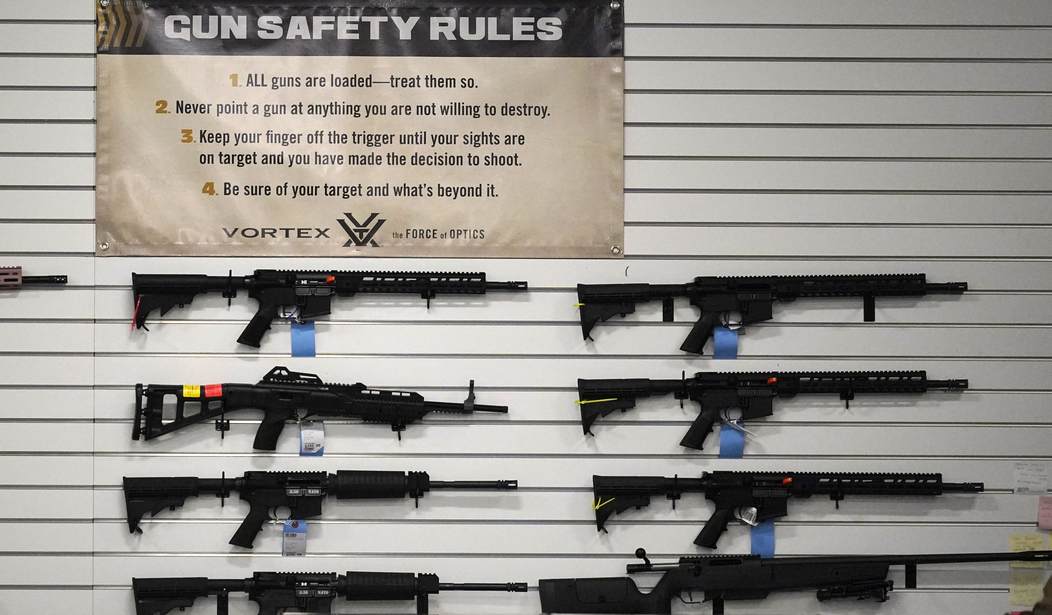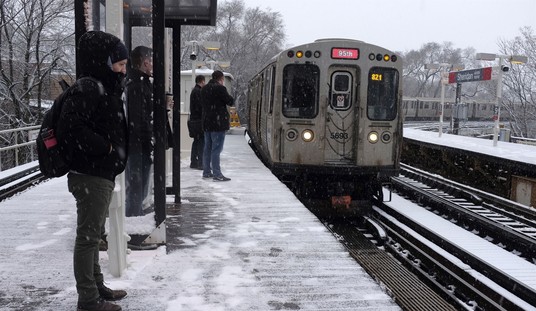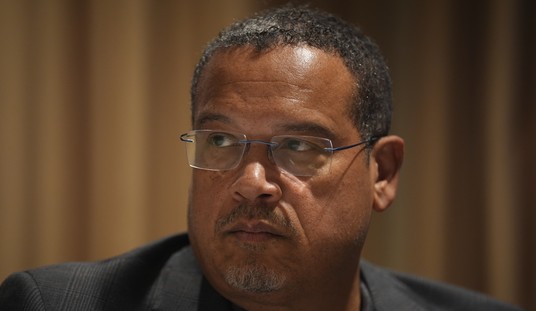Maryland Attorney General Anthony Brown is seeking to delay a potential review of the state's ban on so-called assault weapons by the U.S. Supreme Court, claiming his office doesn't have enough time to file a response to a pending cert petition before an October 23rd deadline.
Brown sent a letter to Supreme Court Clerk Scott Harris today asking for a one-month extension to give his office time to respond, claiming that the delay is "necessary because of the press of other assigned work."
Maryland has asked for another extension to respond to the cert petition in our lawsuit challenging Maryland's "assault weapon ban." We are opposing the state's request: https://t.co/CpAh5oU71r pic.twitter.com/b1vfzig62S
— Firearms Policy Coalition (@gunpolicy) October 9, 2024
One of the cases that Brown cites in his letter to SCOTUS is Maryland Shall Issue, et al v. Moore, et al, which is a challenge to Maryland's Handgun Qualification License. But as the Firearms Policy Coalition pointed out on X.com, the cert petition in MSI v. Moore was only filed two weeks ago, while the cert petition in Snope v. Brown was submitted to the Supreme Court in late August. The Attorney General has plenty of time for his staff to draft a response to MSI v. Moore, and could always request an extension in that case if necessary. There's no reason why that particular lawsuit would interfere with Brown's ability to comply with the Court's request for a response in the "assault weapon" ban litigation.
Is Brown is simply hoping to push back any consideration of the gun ban challenge until after the election, or does he believe his staff is too incompetent to do their job in the time allotted to them by the Supreme Court? Either way, this case has already dragged on for far too long, and the Firearms Policy Coalition and Second Amendment Foundation are right to oppose Brown's request.
Snope (then known as Bianchi v. Frosh) was already pending before the Supreme Court when the justices issued their ruling in Bruen two years ago. SCOTUS granted cert, but vacated the lower court decisions and remanded the case back to the Fourth Circuit for further review in light of their holding in Bruen. A three-judge panel heard oral arguments soon after, but more than 14 months went by without the panel issuing their decision because the dissenting judge on the panel refused to submit their opinion. Then, after that needless delay, the Fourth Circuit decided it would take the case en banc, rendering the unpublished majority opinion (which would have found Maryland's semi-auto ban unconstitutional) moot.
In August, that en banc panel issued its decision upholding Maryland's prohibition on "assault weapons", contending that commonly owned semi-automatic rifles and shotguns are "like" machine guns used by the military and fall outside the scope of the Second Amendment's protections. In a blistering dissent, Judge Julius Richardson and four of his Fourth Circuit colleagues called out the "unorthodox procedural posture" taken by the en banc panel, as well as their conclusions, which he said were based on a "novel and unfounded construction of the Second Amendment."
The majority thinks that the Second Amendment exists solely to protect individual self-defense. Tellingly, however, the majority cites no evidence that the “ratifying public’s consciousness” ever read the Second Amendment in such a cramped fashion. Nor does the majority cite anywhere in Heller, Bruen, or Rahimi where the Court adopted such a limiting construction. That would have been an odd reading, indeed, seeing as the ratifying population widely agreed that the Second Amendment served larger purposes than individual self-defense, including the defense of the body politic and the prevention of tyranny.
Richardson noted that the historical tradition of gun ownership in the United States doesn't support a ban on weapons that are commonly used for lawful purposes, but the Fourth Circuit en banc panel essentially rejected the Supreme Court's "text, history, and tradition" test by asserting that only arms commonly used in self-defense are protected by the language of the Second Amendment.
The Supreme Court has the opportunity to set the record straight, and it shouldn't allow for any more delays from the Fourth Circuit or the state of Maryland. Brown's response to the cert petition is due on October 23rd, and hopefully, that deadline will remain in place despite his request for yet another delay.









Join the conversation as a VIP Member